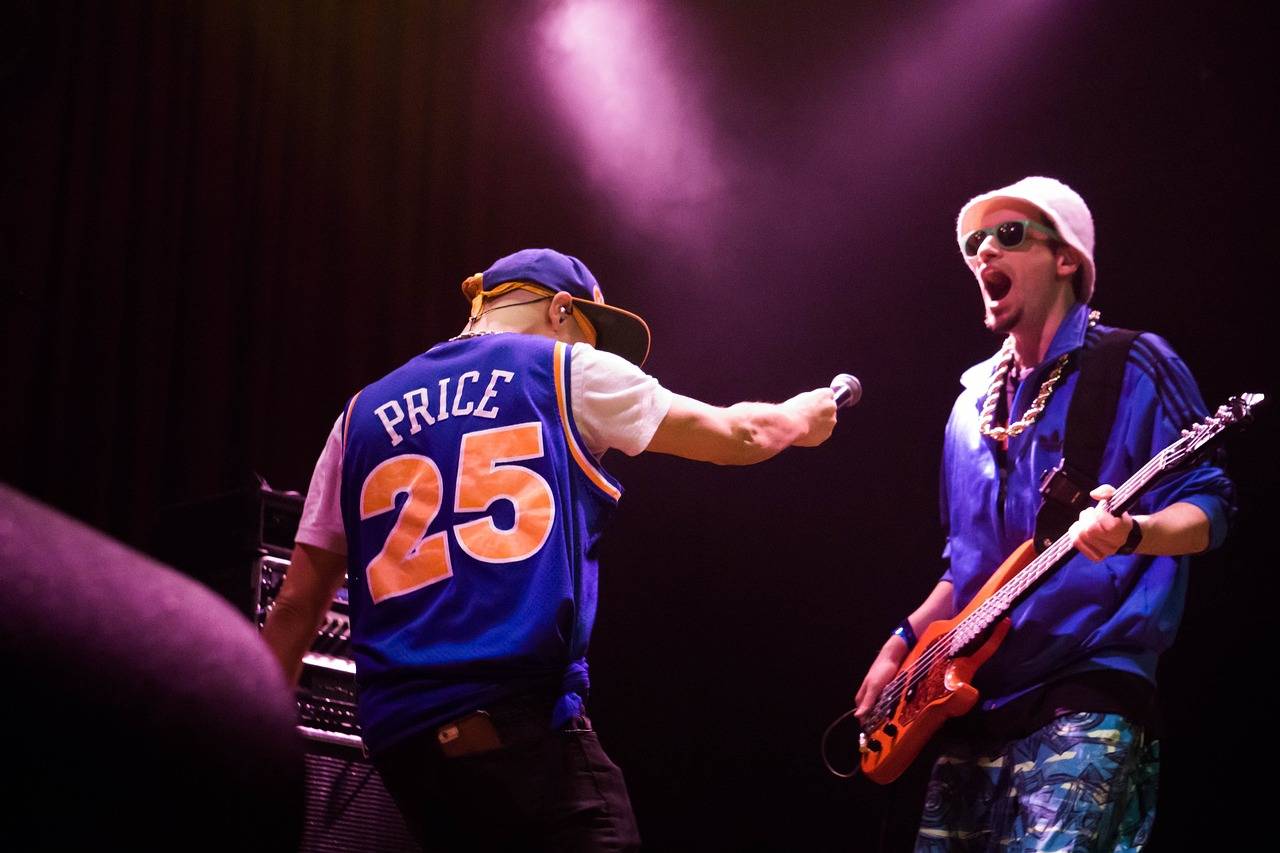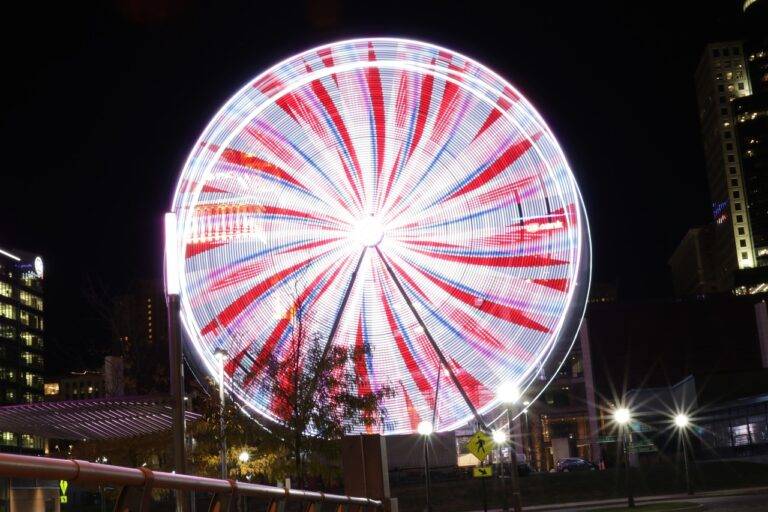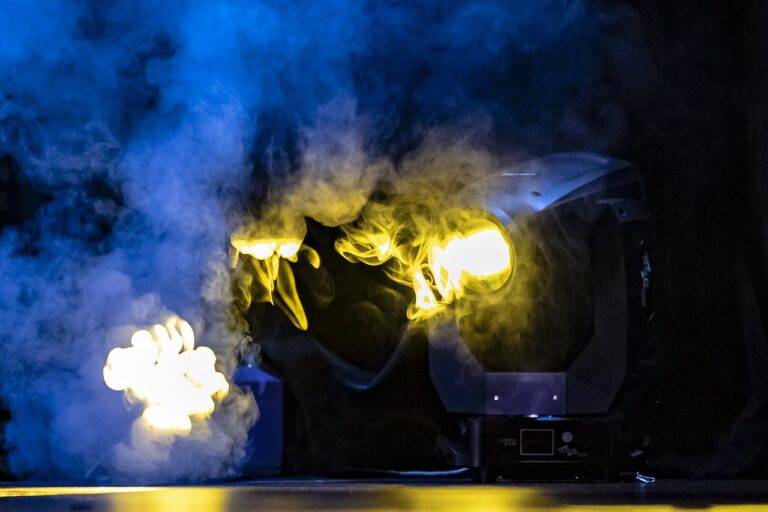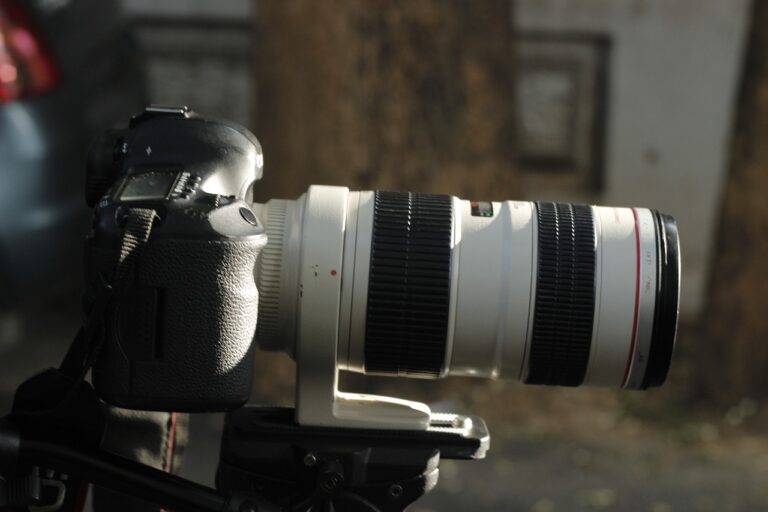The Future of AI in Film Scoring
Traditional film scoring processes have undergone a significant transformation with the integration of artificial intelligence (AI) technologies. AI’s ability to analyze vast amounts of musical data and generate tailored compositions has brought a new level of efficiency and creativity to the film industry. By utilizing algorithms that can predict emotional responses, AI can produce music that perfectly complements the mood and tempo of a scene, enhancing the viewer’s overall cinematic experience.
Furthermore, AI systems have enabled filmmakers and composers to experiment with different musical styles and genres seamlessly. With the help of AI, composers can now access a wide array of musical elements and sounds, facilitating a more dynamic and versatile approach to film scoring. This technological advancement has not only streamlined the creative process but also allowed for greater collaboration between humans and machines in the realm of film music composition.
AI’s Ability to Analyze Emotional Responses in Film Scenes
Artificial intelligence (AI) has revolutionized the way emotional responses in film scenes are analyzed. Through advanced algorithms and machine learning techniques, AI can effectively decipher complex human emotions portrayed on screen. This technological advancement allows filmmakers and production teams to gain valuable insights into how their audience might react to various scenes, ultimately enhancing the emotional impact of the film.
Additionally, AI’s ability to analyze emotional responses in film scenes has paved the way for more personalized storytelling. By understanding viewers’ emotional reactions to specific scenes, filmmakers can tailor their narratives to elicit the desired response from the audience. This level of audience engagement not only enhances the overall viewing experience but also opens up new creative possibilities for filmmakers to explore.
How does AI impact traditional film scoring processes?
AI has the ability to analyze emotional responses in film scenes, allowing for more accurate and nuanced scoring decisions.
How does AI analyze emotional responses in film scenes?
AI can analyze facial expressions, body language, tone of voice, and other indicators of emotion to determine the impact of a scene on viewers.
Can AI completely replace human composers in film scoring?
While AI can enhance the film scoring process, human composers still play a crucial role in understanding the emotional subtleties of a scene and creating music that resonates with viewers.
Are filmmakers embracing AI technology in the film industry?
Many filmmakers are starting to incorporate AI technology in their projects to streamline the scoring process and enhance the emotional impact of their films.





